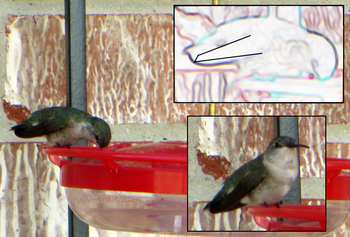As a "team lead" software engineer, I feel that an important part of my role is to ensure that the code is simple, but not necessarily easy. In fact, when I hear a developer say that "using this approach is easier," I have to fight the urge to lower my tail and growl menacingly.
Granted: code that only a senior developer, or worse yet only the author, understands is likewise unacceptable. Show me a piece of code that is too complex and abstruse, and we can have a conversation about (a) object oriented design theory and patterns, (b) refactoring to more self-explanatory methods, and (c) adding some appropriate formatting, comments and/or external documentation for blocks of code that are still unnerving. After all, "Everything should be made as simple as possible, but not simpler," to (supposedly) quote Einstein – and frankly, general relativity is still hard to understand without significant study.



